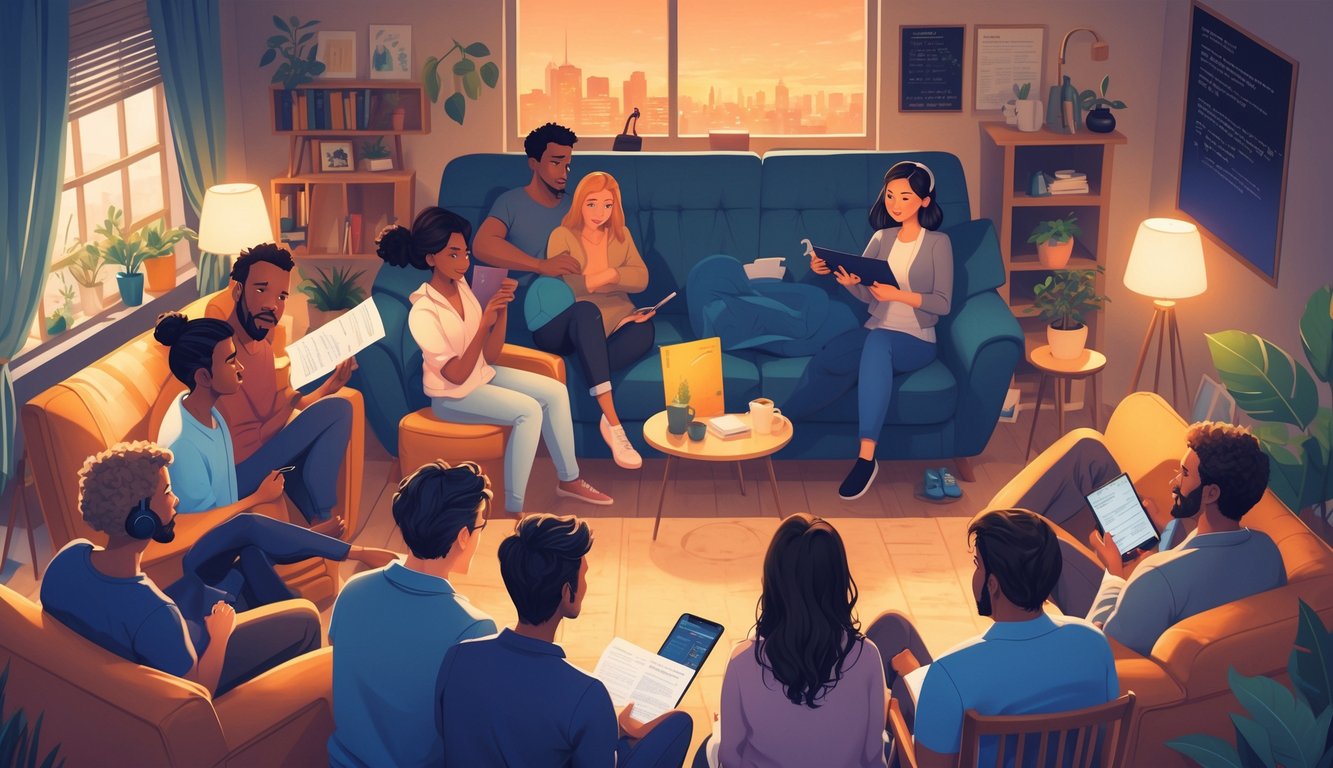
The Role of Data and Ratings in Genre Success
I’m buried in spreadsheets, and the numbers are just… stubborn. No matter what I want, they just sit there, mocking me. Whether a new drama genre gets a shot or gets dumped depends on ratings data, which is basically run by these unseen overlords: Nielsen’s decimal obsession, Parrot Analytics’ galaxy-brain “demand” scores, and—wait, why am I getting ads for potato chips again?
How Nielsen Streaming Content Ratings Work
Seriously, don’t try to figure out your favorite drama’s audience stats by yourself. Nielsen Streaming Content Ratings will chew you up. For the morbidly curious: they measure total minutes watched per title, all devices, but only if the streaming service feels like reporting it. Hulu? HBO Max? Sometimes, sometimes not. Netflix? They’re all-in, but still, it’s patchy. Studios and bored executives stare at Nielsen’s engagement charts like it’s gospel. I’ve heard people inside networks complain that a single viral TikTok can nudge those numbers, and yet everyone pretends it’s all science.
A typical Nielsen drop? Line graph, titles ranked, billions of minutes—one show hits 2.2 billion in a week, another barely registers. Showrunners panic over these, wondering why their “groundbreaking” series flopped. Advertisers? They’re obsessed with those rankings. If your show doesn’t get engagement, it’s toast, Twitter love or not. More details at Nielsen Streaming Content Ratings if you’re into that kind of pain.
Parrot Analytics and Industry Metrics
Now, Parrot Analytics? They just tossed the old playbook. Instead of “who watched,” it’s “who’s obsessed?”—mentions, searches, piracy, random Discord chatter, you name it. I tried to follow their methodology once for a pitch, got lost by step three. It’s not just viewers, it’s superfans. If you want to know why a weird Korean horror-lawyer mashup suddenly has a US cult following, Parrot’s your answer.
They hoover up cross-platform signals, even counting bootleg download spikes, then spit out “competitor intelligence”—I love how that sounds, even though it’s just more numbers. Sometimes a show with meh Nielsen minutes gets a renewal because Parrot says the audience is nuts for it. But ad execs roll their eyes—Parrot hype doesn’t always match ad dollars, and every studio claims their genre is “underrated.” There’s a technical breakdown at Analyzing drama metadata through machine learning, but heads up, the “insights” tab has more variables per show than I ever learned in school.
Comedy and Outrageous Drama Hybrids
Running late again—genre-mashup TV discourse won’t die, and my neighbor’s parakeet knows every HBO Max theme song. People want shows that jam comedy and drama together, not for neat categories, but for the chaos nobody expects.
Blending Comedy with Drama
One second I’m laughing at some detective’s sidekick, next second it’s existential dread—like, what just happened? Ted Lasso comes up constantly, and no, I don’t own any Lasso merch. I’ve seen dramedies on Netflix and HBO Max that just lean into the absurd or dark, skipping the “serious drama” trap. There’s a running list of noteworthy comedy-dramas if you need examples.
Writers are hustling to live in this weird in-between. Some NYU media prof I follow says these hybrids hit a nerve that’s only gotten stronger since 2020. (Don’t ask about my own failed sitcom draft—three jokes about hybrid cars, zero laughs, not even from me.) Producers are all-in because these combos scratch some itch for growth mixed with total absurdity.
Want clear rules? Don’t bother. It’s a jumble: a little sincerity, then a punchline. Like someone pouring balsamic on vanilla pudding—am I supposed to like it? Not sure, but I’m curious.
Audience Reaction to Genre Mashups
It’s chaos, honestly. I post about a dramedy, and half the replies are “Yes! Give me emotional whiplash!” The other half: “Pick a lane!” and then they quote Rotten Tomatoes like it’s a sacred text. (Side note: 70% fresh means nothing if you hate avocado, right?)
Online, fans spiral into speculation, shipping the weirdest genre combos—my grandma would faint (“Wait, the kaiju is a therapist now?”). The popularity of hybrids like “Colossal” proves people want unpredictability, and Hollywood milks that for all it’s worth. I’m rooting for these mashups—after seeing characters mourn a cosmic monster in silence, sitcoms just feel flat.
Who nails it? Not always the big-budget stuff. Sometimes a random indie blows up and everyone panics about missing the next big thing. No formula, just a messy, loyal, slightly confused audience pushing for more.



